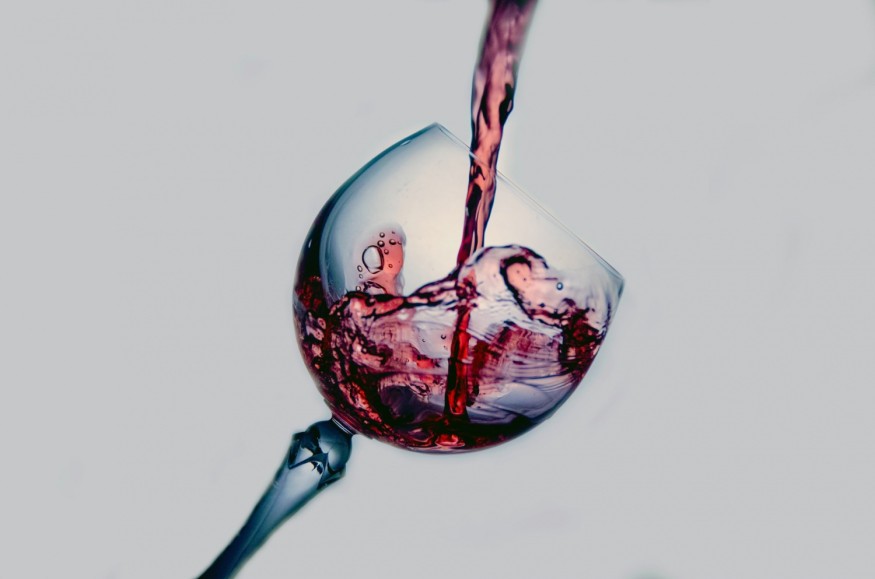A newly research issued in the journal Frontiers in Nutrition previous month gained attention from all over the globe.
As one of a variety of data addressing intoxicating beverages and COVID, it was discovered that consuming red wine was connected with a lower chance of getting COVID.
Risk of Contacting Covid Linked To Drinking Red Wine

The fact is that consuming red wine merely to lower your chance of developing COVID is not one that that should be advocated based on this investigation, specifically regarding the latter possible harmful consequences of drinking.
Furthermore, while drinking excessively relatively consistently was related with a decreased chance of having COVID, ingesting more than what the UK consumption of alcohol recommendations was correlated with a greater risk of obtaining COVID, according to Science Alert.
Because this was exploratory research in which information was gathered and evaluated from individuals journeying about their everyday routines, all that can be said with certainty is that consuming red wine was related with a decreased risk of being admitted to hospital with COVID.
A further rationale to moderate your reaction to these discoveries is that even though we presume red wine decreases the chance of COVID contamination, the main issue we ought to address is regardless of whether a 10% - 17% drop in this probability relative to non-drinkers is meaningful in the physical realm, as mentioned in a report in Frontiers.
The much more intriguing from a journalistic standpoint was that consuming between one four cups of red wine per week was connected with a 10% drop in the likelihood of having COVID.
The following significant drawback was that the investigators gathered relevant information on liquor consumption habits at the start of this retrospective survey then projected it ahead several years to finish the evaluation.
Consuming five or even more servings of red wine per week was related with a 17% decrease in hazard. It is not possible to say that consuming red wine reduced the chance of developing illness in this cohort.
There are two significant shortcomings in the information obtained in this investigation about excessive drinking trends. Initially, investigators examined alcohol intake at the commencement of the experiment and anticipated that participants would continue to consume in the very similar ways throughout the investigation. But even though consuming white wine and champagne proved to be beneficial, the impact was less than that of red wine.
Red Wine Better Than Beer and Champagne?
Throughout comparison, consuming beer was linked to an elevated incidence of COVID by 7-28 percent. For instance, whereas consuming liquor was linked to an enhanced chance of receiving COVID, consuming enriched wine in modest amounts proved to be beneficial.
Let us go further into the conclusions involving red wine to examine several of the grounds why one must be cautious of the conclusions of these types of research findings. Despite the large population of respondents in this investigation, the UK Biobank consortium, the methodology only looked for connections among alcohol use habits and COVID assessment.
While the authors attempted to quantitatively modify the outcome of this data analysis to compensate for several apparent variables, such as age, gender, and academic status, this form of modification isn't flawless. As a result, the recommendation about wine use continues those consumers must not consume alcohol owing to potential imagined therapeutic properties related to COVID or other ailments.
Obviously, an individual's dietary habits might alter dramatically over time, so this adds a lot of room for mistake.
© 2025 NatureWorldNews.com All rights reserved. Do not reproduce without permission.





